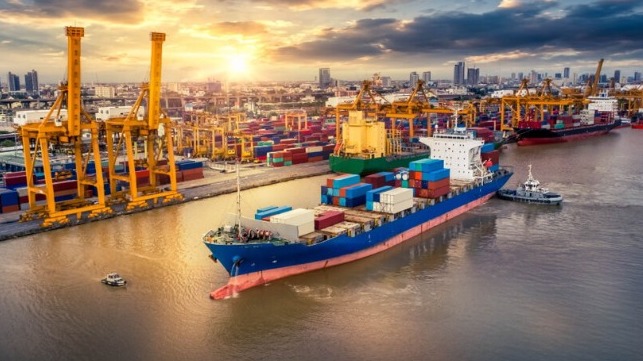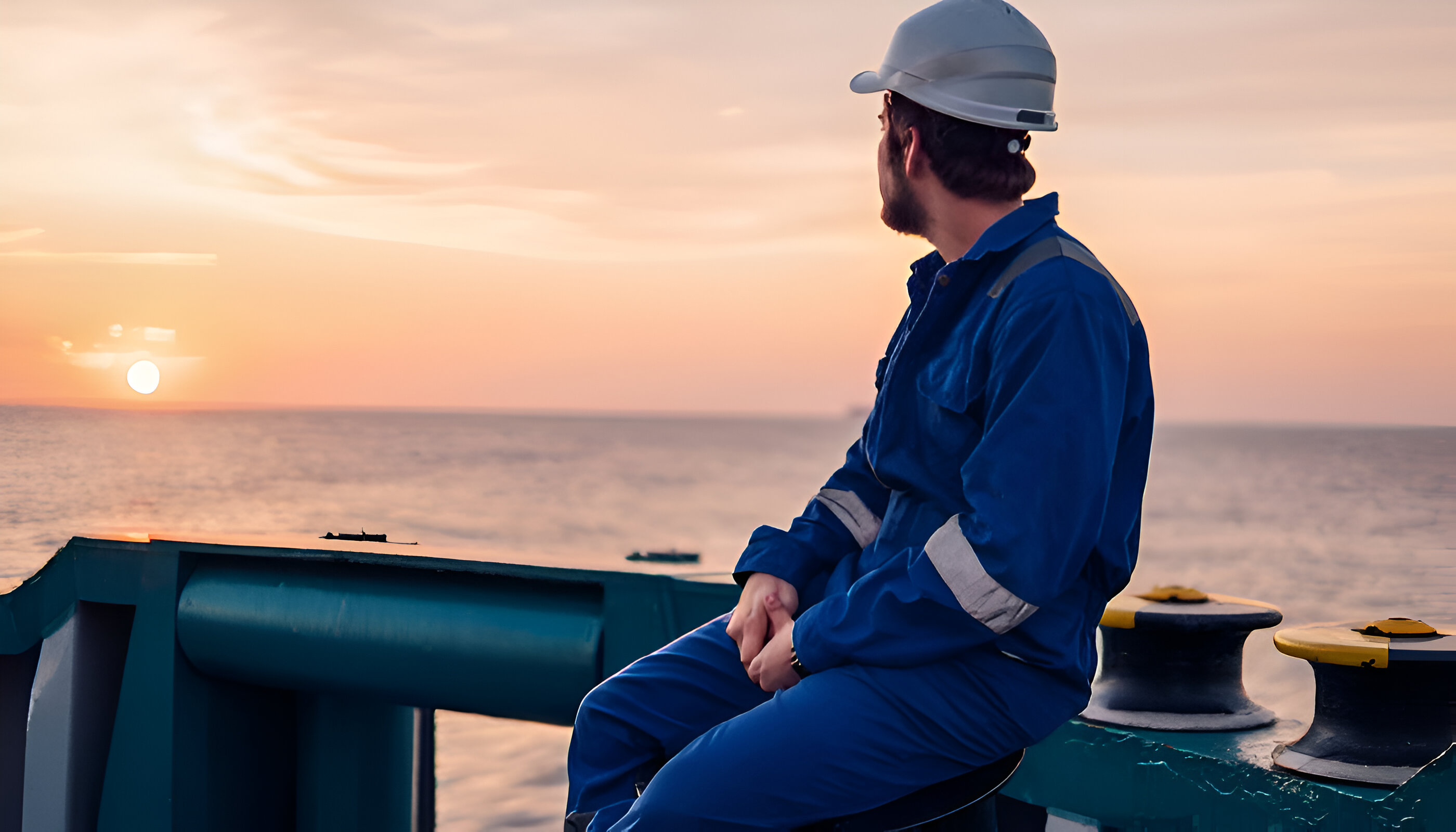Hydrogen Fuels Could Enable Up to 80% Cut in Ship Emission by 2050
October 19, 2021 Maritime Safety News

A rapid replacement of fossil fuels with renewable fuels based on green hydrogen along with advanced biofuels could enable to cut up to 80 percent of CO2 emissions by mid-century attributed to the international maritime sector. That is the assessment of a new report released by the International Renewable Energy Agency (IRENA), an intergovernmental agency focused on supporting countries in their transition to a sustainable energy future. By 2050,
Decarbonizing global shipping is one of the most challenging sectors to address – and despite raised ambitions – current plans fall short of what is needed,” says Francesco La Camera, Director-General of IRENA. “Our outlook clearly shows that cutting CO2 emissions in such a strategic, hard to abate sector, is technically feasible through green hydrogen fuels.”
IRENA’s new report, A Pathway to Decarbonize the Shipping Sector by 2050, outlines a roadmap for the global shipping sector to be in line with global climate goals. The organization says that renewable fuels should contribute at least 70 percent of the sector’s energy mix in 2050 to achieve climate goals.
‘‘Taking early action is critical’, La Camera added. “May this report encourage policymakers, ship owners and operators, port authorities, renewable energy developers and utilities to work together towards common climate goals and show their ambition to world leaders at the UN climate conference COP26 in Glasgow.”
If the international shipping sector were a country, IRENA highlights that it would be the sixth- or seventh-largest CO2 emitter. IRENA’s decarbonization pathway is based on four key measures including indirect electrification by employing green hydrogen-based fuels, the inclusion of advanced biofuels, the improvement of vessels’ energy efficiency, and the reduction of sectoral activity due to systemic changes in global trade dynamics.
In the short term, IRENA believes that advanced biofuels will play a key role in cutting emissions, providing up to 10 percent of the sector’s total energy mix in 2050. In the medium and long-term green hydrogen-based fuels will be pivotal, making up 60 percent of the energy mix in 2050. E-methanol and e-ammonia are the most promising green hydrogen-based fuels says IRENA, with particularly e-ammonia set to be the backbone for the sector’s decarbonizing by 2050.
IRENA’s report highlights that e-ammonia could represent as much as 43 percent of the sector’s energy needs in 2050, which would imply the use of about 183 million tons of renewable ammonia for international shipping, a comparable amount to today’s ammonia global production.
IRENA’s report also finds that the production costs of alternative fuels and their availability will ultimately dictate the actual employment of renewable fuels.
Moving from nearly zero CO2 emissions to net-zero requires a 100 percent renewable energy mix by 2050. While renewable energy costs have been falling at an accelerated rate, further cost declines are needed for renewable energy-derived fuels to become the prime choice of propulsion. According to the report, climate goals and decarbonization ambition can be raised by adopting relevant and timely coordinated international policy measures. A realistic carbon levy will be critical, putting an adjustable carbon price on each fuel to prevent new fossil fuel investments and stranded assets.
Finally, the report calls on all stakeholders to develop broader business models and establish strategic partnerships involving energy-intensive industries, as well as power suppliers and the petrochemical sector. Stakeholders need to be fully mapped out and engaged, the various players need to work towards a common goal. Accordingly, governing bodies regulating the international shipping sector need to develop integral and participative planning exercises, establishing step-by-step actions for reaching zero emissions by 2050.
SOURCE READ THE FULL ARTICLE
https://www.maritime-executive.com/article/hydrogen-fuels-could-enable-up-to-80-cut-in-ship-emission-by-2050





